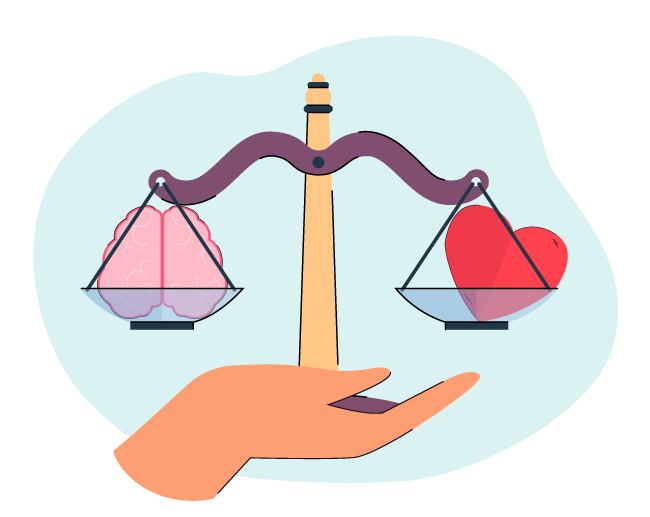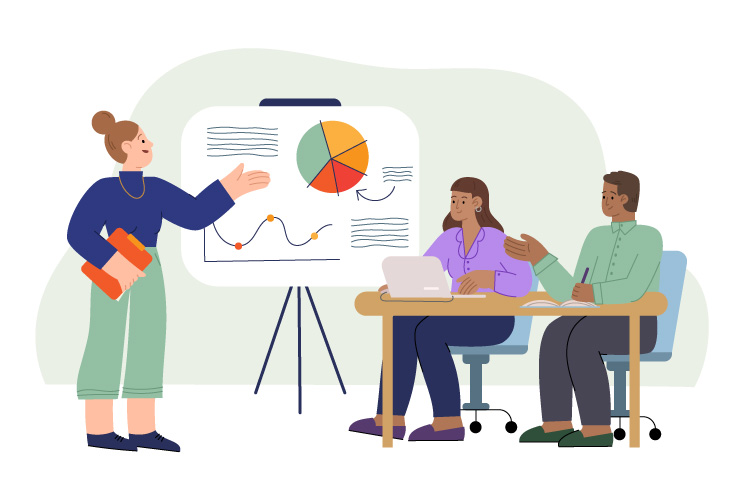Coaching & Advocacy - The New Path To Empowerment:
The coaching industry is stale, and so is most coaching.
Coaching often fails to account for the range of lived experience. At its core, coaching recognizes each individual as whole, complete, and inherently resourceful; it’s about agency, action, and personal empowerment, regardless of circumstance. But we live in a world where circumstance and context can no longer be ignored. The cost is too high – especially for those facing oppression or institutional barriers to success.
A storm of forces are stripping individuals and groups of agency: A continuing pandemic; influential disinformation and conspiracy machinery; a 24 hour cycle of news and information; political polarization; erosion of civil rights; dehumanization; and failing, archaic systems, to name a few.
Adding insult to injury are the bad actors of the world who strive to take away rights and freedoms to better suit their own agenda of political power and control. In many instances, these actors are succeeding. Coaching – as a support structure – cannot ignore this reality. It’s irresponsible to do so, and the profession must evolve.
Coaching and advocacy go hand in hand.
As coaches, we are in the business of personal empowerment. But what happens when an individual’s power is being stripped away by larger systems or structures in society? It is at this point when a traditional coaching lens is limiting and can benefit from an advocacy mindset.
Coaching and advocacy are often presented as if they’re at odds with one another. On one hand, traditional coaching urges coaches to lean back and rarely take a position. Traditional advocacy – on the other hand – demands that advocates take a position and choose a side – arguing for a desired outcome and way of thinking. But it is possible and necessary to integrate both frameworks, given the challenges of the modern world.
Advocating for a client does not necessarily mean attending a rally or writing to your representatives in government (though it may). It might be as simple as acknowledging and validating the lived experience of a client at the moment when they are discussing issues of systemic injustice or oppression. It could mean honoring the client’s experience and encouraging them to think beyond personal development and explore desired broader impact on cultures and systems – or to better understand how they, themselves have been impacted.
With this in mind, here are five assertions about the future of coaching and what it can look like to empower clients through a blend of coaching and advocacy:
1. Neutrality is not the end goal.
Most coaches are taught to be a mirror for their clients – reflecting back as an objective outsider. This method has a place, but it can also be limiting – especially in instances where safety is threatened or people are being actively dehumanized or abused. As coaches, it is ethical to assess these situations and name them in no uncertain terms.
Human rights activist and Nobel Peace Prize winner, Desmond Tutu, famously said: “If you are neutral in situations of injustice, you have chosen the side of the oppressor.” Coach training decries right/wrong and either/or paradigms. But when it comes to supporting humans in transformation, it is important to recognize the occurrence of injustice and oppression.
Coaching’s response to injustice cannot be to “lean back” and “remain off the court.” Consider a woman who is consistently overlooked for promotions at work. Is her performance the problem? Or is it the glass ceiling? Perhaps it’s a both/and situation? A responsible coach will support the client to distinguish the forces at play – many of which may be outside of her individual locus of control. There are limits to personal empowerment. As coaches, we should honor this reality.
2. Coaching can be a tool for cultural transformation.
We know coaching drives transformation for individuals, but what if it can do the same for the collective – creating awareness around societal and cultural responsibility? We think it can and should. Clients often seek coaching to understand and upend their perceived limitations. However, these limitations do not exist in a vacuum, and many of them cannot be addressed simply by looking within the individual. A responsible coach will invite inquiry into broader systems and how those systems impact what is possible for a client.
We must train coaches to understand the impact of racism, sexism, homophobia, antisemitism, classism, and ableism. By acknowledging societal dynamics, we create more possibilities for one another. It’s the equivalent of talking about the elephant in the room. In doing so, we start to address the actual obstacles that hold so many people back. This type of conversation opens up possibilities for broader, cultural transformation and for coaching- as a support structure- to have a more profound societal impact.
3. Coaches should bring their lived experiences to the table.
Coaches are trained to stay flat during charged conversations – to avoid getting hooked by emotional triggers. This expertise supports us to have powerful conversations with clients about possibility without getting caught up in circumstances. However, we are also human. Many coaches have been hurt, wronged, and/or oppressed in similar ways as their clients. It can be useful to bring this experience to the table.
In a coaching relationship, there is no power dynamic between coach and client. But this is not true of society at large where hierarchy and power dynamics exist in nearly all human relationships and systems. Responsible coaching acknowledges the existence of these dynamics, as well as their impact on the coach and client, when appropriate. Open-hearted sharing often builds trust and deepens the coaching relationship, creating room for greater growth and transformation.
4. Coach skills enhance advocacy.
Advocates openly support or recommend a particular cause or policy. They are committed to a specific outcome. They want something different or new and spend their time and energy arguing and fighting for it. Effective advocacy, though, requires not only commitment and passion- it also requires active listening and superior communication skills.
This is where coaching can help. Advocates who are curious, thoughtful about what they are saying and how they are saying it, willing to pivot if a particular strategy isn’t working, and who know how to enlist and enroll resources will be far more successful than advocates with tunnel vision. These skills- which reflect a coaching mindset- increase the chances of achieving the desired impact.
5. Anger has its place in coaching.
Coach training sometimes discounts feelings. Most coaches are trained to support clients to grow in spite of emotional experiences. It’s not that we don’t acknowledge feelings as coaches; we just don’t relate to them as determinative.
But we believe emotions are important data points and sources of information. Many of us are reeling from our circumstances and the seemingly endless state of volatility, uncertainty, complexity, and ambiguity (VUCA) in which we find ourselves in 2022. Many of us are frustrated, raw, fatigued, and angry. All of these emotions can be operationalized. Anger- especially- is actionable.
Particularly in those client engagements where clients are willing to consider not only personal growth but also the larger impact they wish to have in the world, anger can crystallize and catalyze even more significant transformation. Use it.
In this moment, we continue to cope with significant stressors that pull at the fabric of how we operate as individuals and as a society. The coaching industry cannot and should not deny these realities. Instead, it must embrace opportunities to bring positionality and the taking of stands- when so doing is in service of coaching and in service of the client.
Coaches cannot simply lean back and stay off the court (as our training would have us do) knowing that safety, security, rights and freedoms are actively being eroded. We must also lead and advocate for a better world.
Written by Julie Ketover and Chris Donohoe


